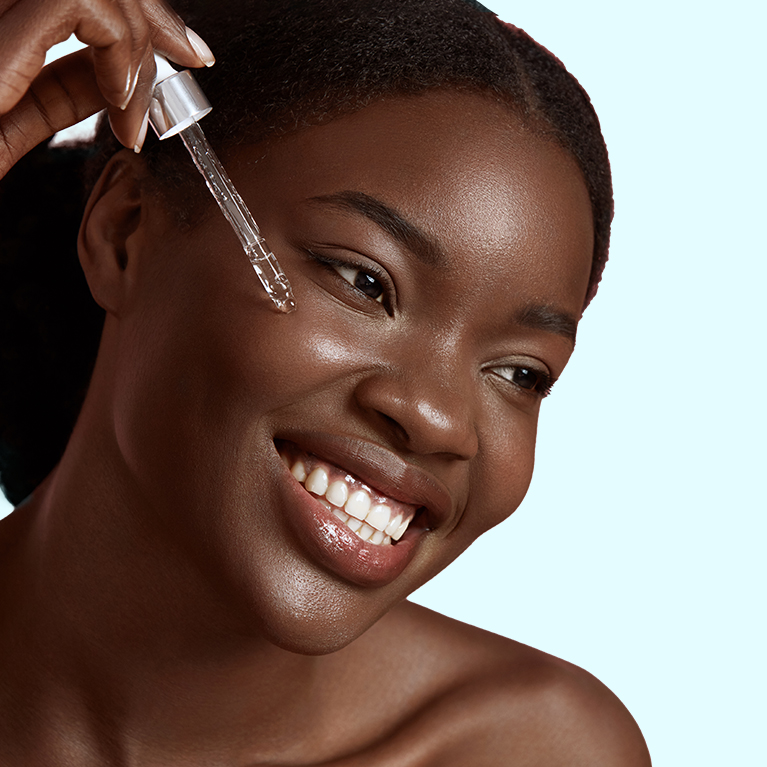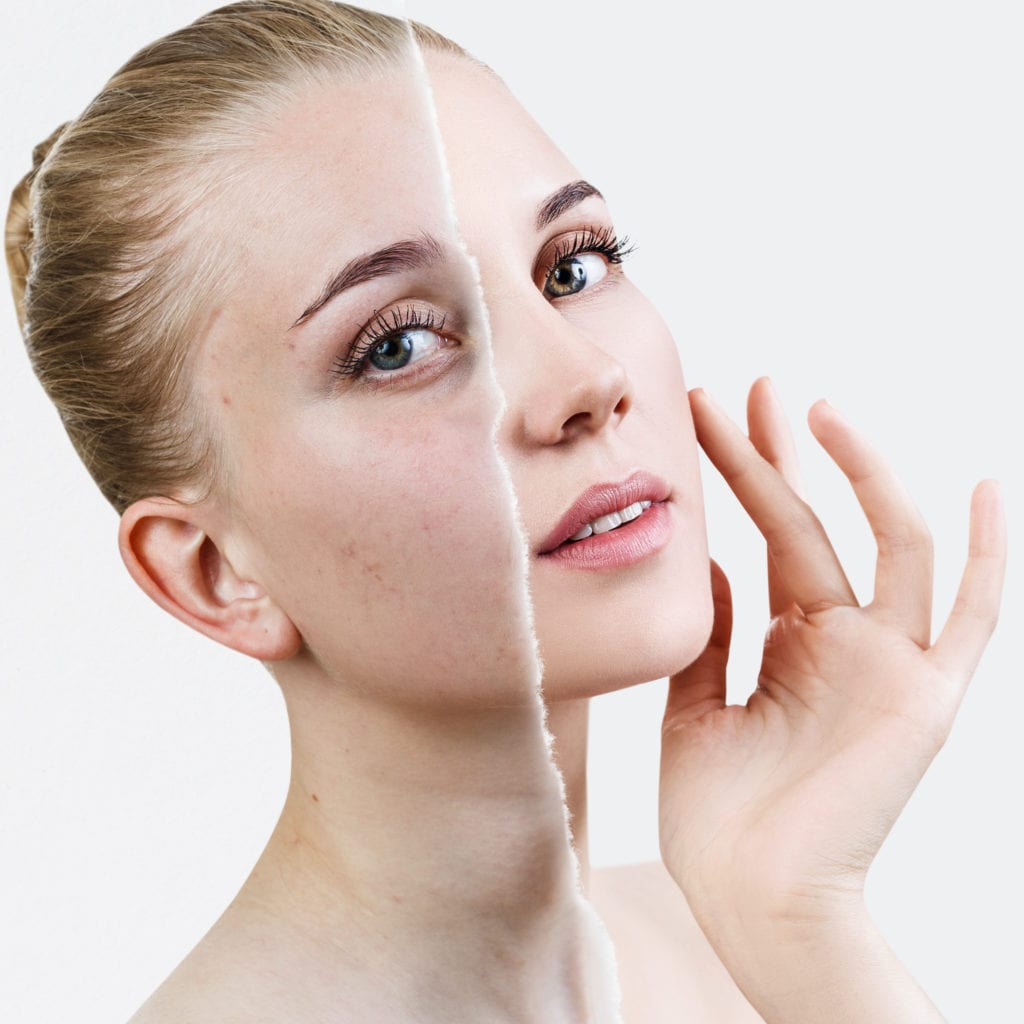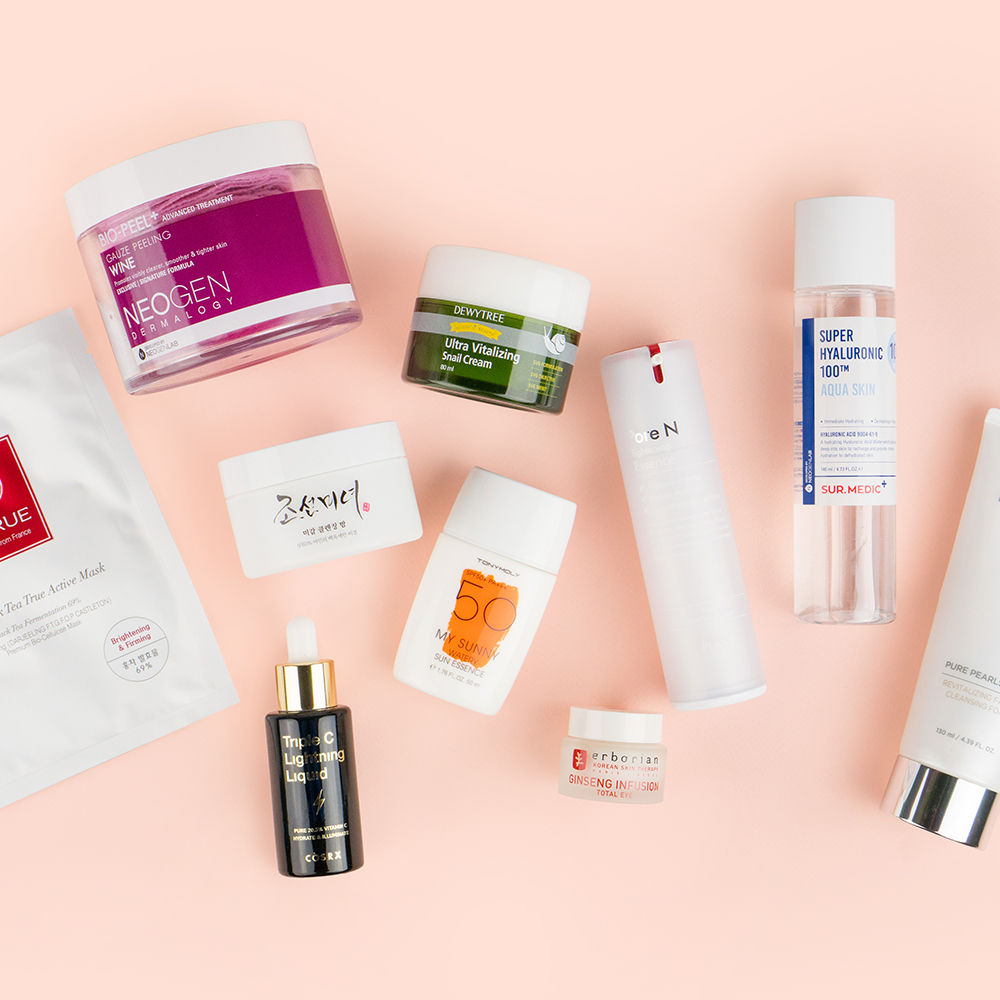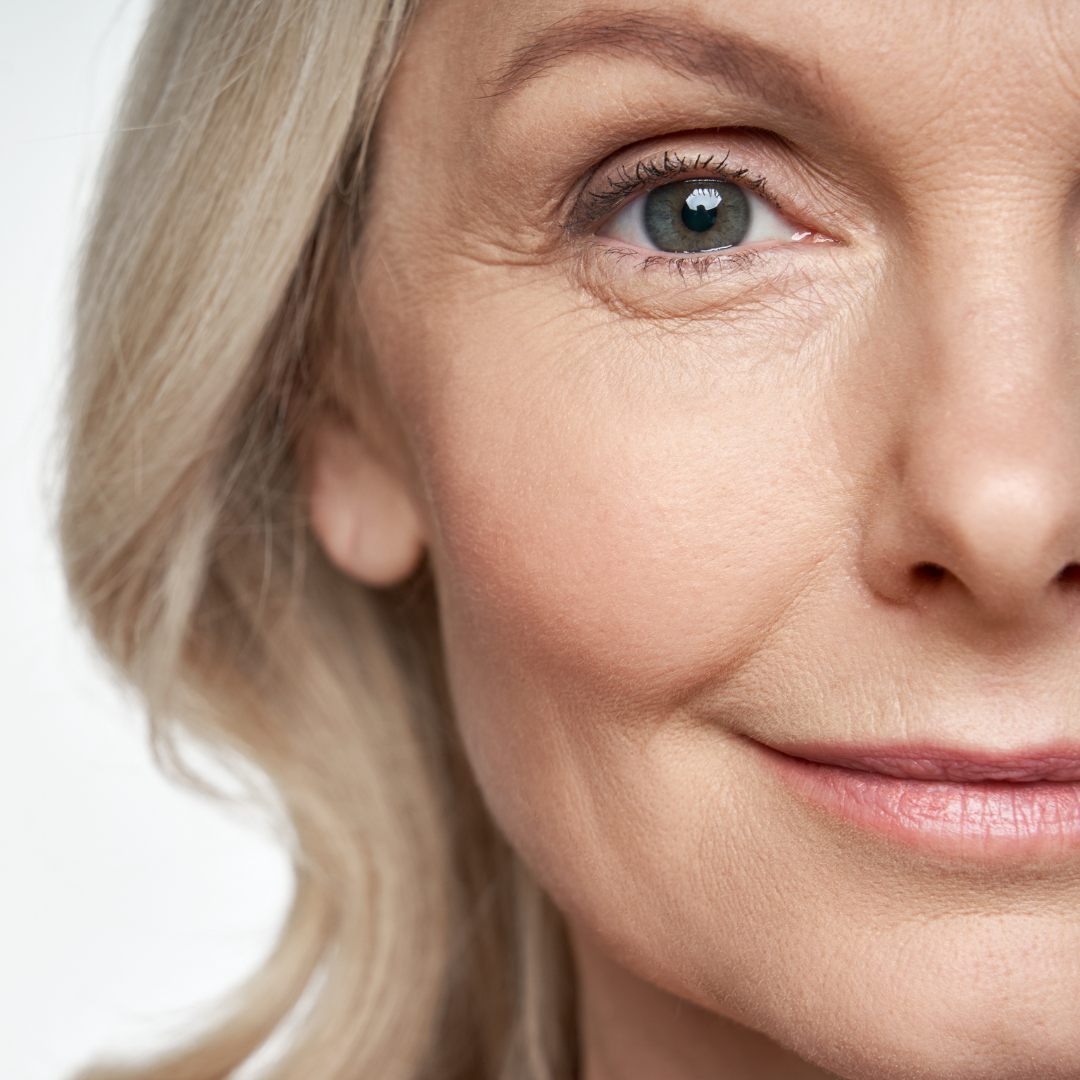Physical Address
304 North Cardinal St.
Dorchester Center, MA 02124
Physical Address
304 North Cardinal St.
Dorchester Center, MA 02124

Understanding the science behind skin aging is essential when delving into anti aging skin care strategies. As we age, our skin changes due to both intrinsic and extrinsic factors. Intrinsic factors involve the natural aging process. It includes the gradual loss of collagen and elastin, proteins that give skin its firmness and elasticity. Cell turnover slows down, and the skin’s ability to repair itself diminishes over time. These changes lead to fine lines, wrinkles, and a loss of skin volume.
Extrinsic factors include environmental elements such as sun exposure, pollution, and smoking. Ultraviolet (UV) rays break down collagen and elastin fibers, accelerating the aging process. This can cause premature skin aging known as photoaging, revealing itself as deep wrinkles, sunspots, and a leathery texture. Free radicals from pollution and toxins can also damage skin cells and contribute to the appearance of aging skin.
By understanding these mechanisms, we can better tailor anti aging skin care routines and products to combat both intrinsic and extrinsic aging. Key to this endeavor is choosing ingredients that support skin health and combat the visible signs of aging. With knowledge as our ally, we can make informed decisions that help our skin look and feel more youthful and vibrant.

When choosing anti aging skin care, key ingredients make all the difference. Ingredients with proven benefits can help reduce the signs of aging. Here’s what to look for in your products:
Choose products with these ingredients. They can slow down the effects of aging and improve your skin’s health. Remember to consult with a dermatologist to tailor your skin care routine properly.
A daily skin care routine can play a crucial role in preventing signs of aging. For those aiming to maintain youthful, vibrant skin, here are steps to consider:
At night, repeat the routine with slight modifications:
To maximize the benefits of this routine, stay consistent. Adjust products as needed seasonally or as your skin changes with age. As always, consult a dermatologist to personalize your regimen. A tailored approach can better address specific skin concerns and enhance the effectiveness of your anti aging skin care.

Protecting your skin from the sun is a key strategy in anti aging skin care. Sun damage can speed up the aging process, leading to wrinkles, loss of skin elasticity, and age spots. Here’s how you can shield your skin from harmful rays and help maintain a youthful appearance:
By making sun protection a daily habit, you can fight off signs of premature skin aging. This approach also reduces the risk of skin cancer, making it a critical aspect of a healthy lifestyle.
For those seeking more advanced solutions, professional treatments can offer significant anti aging benefits. Here are some popular options:
Combine these treatments with daily anti aging skin care. Together they can enhance your skin’s appearance dramatically. Always consult with a skilled dermatologist before undergoing any professional treatment. They can recommend the best procedure for your skin type and aging concerns. Taking a professional route can be a powerful asset in your anti aging arsenal, yielding results that are often more immediate and noticeable than over-the-counter products alone. With the right care, you can combat the signs of aging and maintain youthful, radiant skin.

Maintaining a healthy diet and lifestyle is vital for skin that looks and feels youthful. Let’s explore changes that can make a big difference.
These diet and lifestyle adjustments can aid your anti aging skin care efforts, offering a holistic approach to maintaining a youthful glow.

While skincare routines and lifestyle choices play a significant role in maintaining youthful skin, genetics also have a critical impact. Our genes largely determine how our skin ages, dictating factors like skin type, pigmentation, and even how susceptible we are to UV damage.
Genetic Predisposition and Aging
Everyone inherits a unique set of genes that affect skin resilience and aging progression. Some people might have a genetic predisposition to age slower or faster, which can influence the development of wrinkles, fine lines, and skin laxity. Those with genes that provide stronger skin structures may show signs of aging later in life compared to others.
Inherited Skin Types and Concerns
The type of skin you inherit—whether it’s dry, oily, or combination—also plays a part in aging. Oily skin types, for instance, might experience slower wrinkle formation due to natural moisturization, while dry skin might be more prone to early wrinkling. Genetic background can also determine sensitivity to skin conditions like eczema or rosacea, which can accelerate perceived aging.
Melanin and Photoaging
Genetics dictate melanin levels in the skin, affecting how it ages due to sun exposure. Those with lighter skin, who generally have less melanin, are more prone to photoaging, while individuals with darker skin might be naturally more protected. However, sun protection is essential regardless of skin tone to prevent premature aging.
Familiarizing yourself with your family’s skin history can give valuable insights into your potential aging process. If your family has a history of aging gracefully, you might have inherited genes that will act in your favor. Conversely, if early aging is common, you may need to be more proactive with your anti aging skin care and preventative measures.
It’s important to acknowledge that while we can’t change our genetics, we can make lifestyle and skincare choices that mitigate negative effects. Knowing your genetic predisposition can help you and your dermatologist create a tailored anti aging skin care strategy that addresses your specific needs.

As we continue to seek effective anti aging skin care, cutting-edge technologies and research are leading the way. Staying informed about the latest advancements can help you integrate new strategies into your routine. Here’s a look at what’s on the horizon:
Keeping up with these technologies can be exciting. Always remember to discuss with a dermatologist before trying new methods. They can guide you through safe and effective ways to nourish and protect your skin.